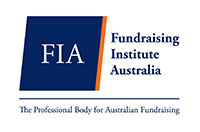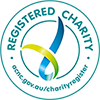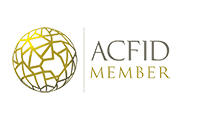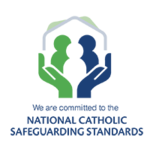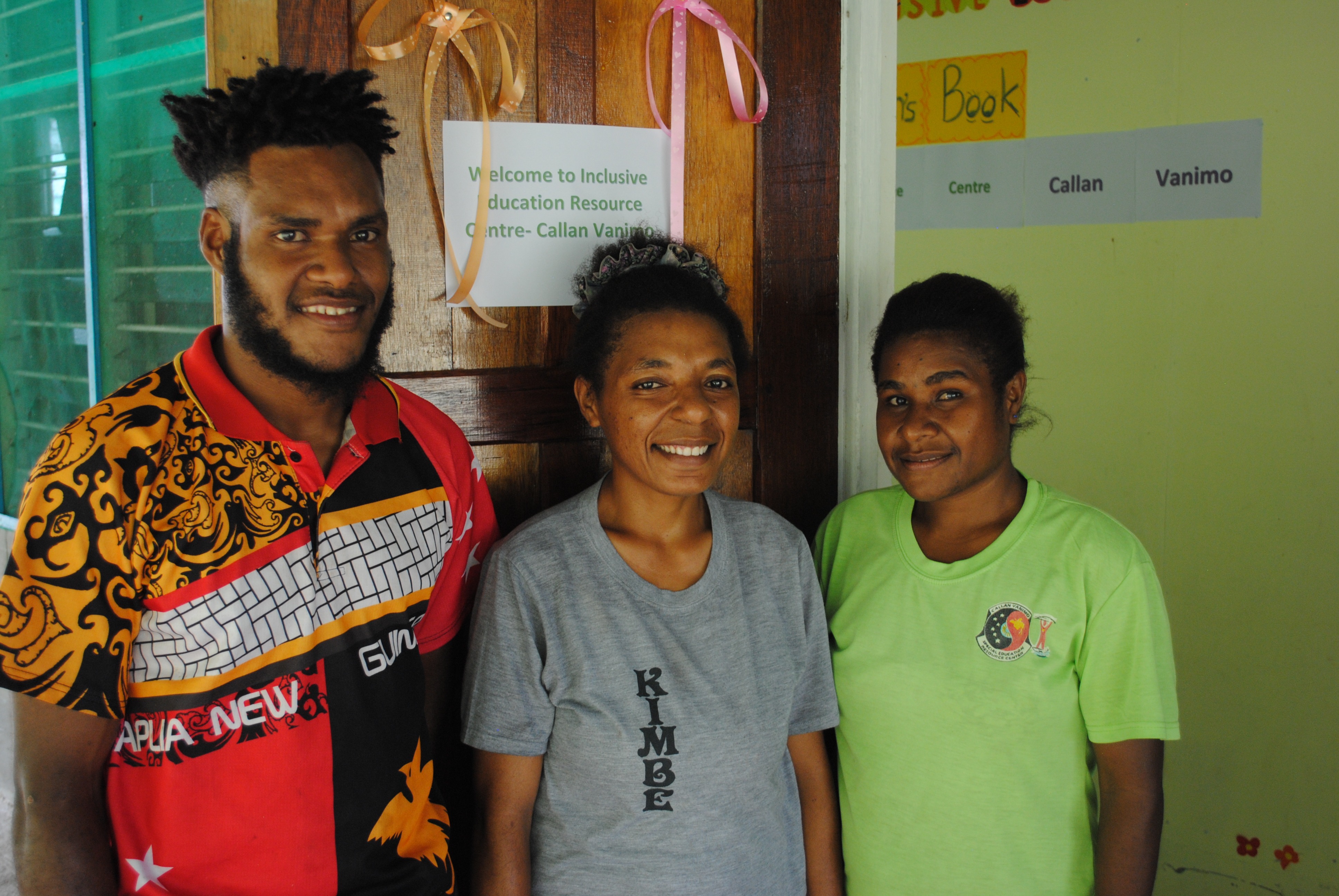 All humans are born creative, as our childhood finger-painting can attest to. Sometimes however, creativity is borne of necessity.
All humans are born creative, as our childhood finger-painting can attest to. Sometimes however, creativity is borne of necessity.
The volunteers in the Inclusive Communities project in Vanimo, Papua New Guinea, delivered in partnership with Callan Vanimo Inclusive Education Resource Centre, are demonstrating an extraordinary amount of creative ingenuity and problem solving in their work in early childhood education and disability inclusion.
These communities are bringing their own locally-owned PNG cultural style to Community-Based Rehabilitation (CBR).
Take Anna for example.
When she discovered the young boy with a vision impairment she was working with in the preschool was unable to understand the visual pictures the class was learning, she fashioned his own personal picture book, using thin rope to depict each image and object. Anna herself is hearing impaired.
She has used her own experience of disability and unique understanding of the barriers to learning she faced to ensure that this young boy is better able to learn.
We heard several similar stories from the other volunteers with hearing impairments who are developing creative means to communicate with the young children with disability they supported through the project.
She used her own experience of disability to ensure that this young boy is better able to learn.
Other volunteers have been fashioning Assistive Devices from local materials to help people with disability move around their homes and villages. With some basic training and simple designs, volunteers are seeing a problem, and using their skills and the limited resources they have at hand to create a solution for those in need.
These devices can be life-changing for people living with disability in remote village settings – allowing them to leave their homes, move around the village, go to school, and join community events.
This simple increase in inclusion has a significant flow-on effect, as local communities are able to see first-hand the contribution and diverse voice that people with disability can bring. This goes a long way to reducing stigma and discrimination faced by many people with disability.
Many of the community members we spoke to on our latest visit to Vanimo spoke of the changing attitudes toward people with disability, with Callan Vanimo’s community awareness sessions and the recent celebration of National Disability Day bringing important exposure and recognition for this often marginalised group.
The staff at the Callan Vanimo Inclusive Education Resource Centre bring their own special mix of creativity, resourcefulness and sheer hard work to their roles. From adapting their training content to suit diverse levels of participant literacy, to going the extra mile to ensure no client is left behind or wanting, staff are illustrating their passion and commitment every day.
Meaningful disability inclusion requires input from the voices and experiences of people with disability, and having a number of project Volunteers who live with disability themselves ensures that the Inclusive Communities project is informed by the needs, lived-experience and priorities of the clients it seeks to support.
As Esther, a Volunteer who is hearing impaired stated, ‘It made me feel happy when my family learnt to sign and I could communicate with them.’
These volunteers have become key role models for the young people with disability who are involved in the project, showing them that they too have important skills and capabilities, and can be active members of their communities.
Reducing the barriers to inclusion for people with disability can be challenging, complex work.
In a remote coastal location in Papua New Guinea in which the physical environment represents a significant barrier, creative and innovative solutions are needed. The Callan Vanimo staff and volunteers are breaking down their own resource and knowledge barriers to provide the best CBR assistance to the clients they work with.
Mary MacKillop Today is proud to be partnering with the organisation on this important project, and hopes to be able to amplify and share the unique CBR approach and solutions of the staff and Volunteers.
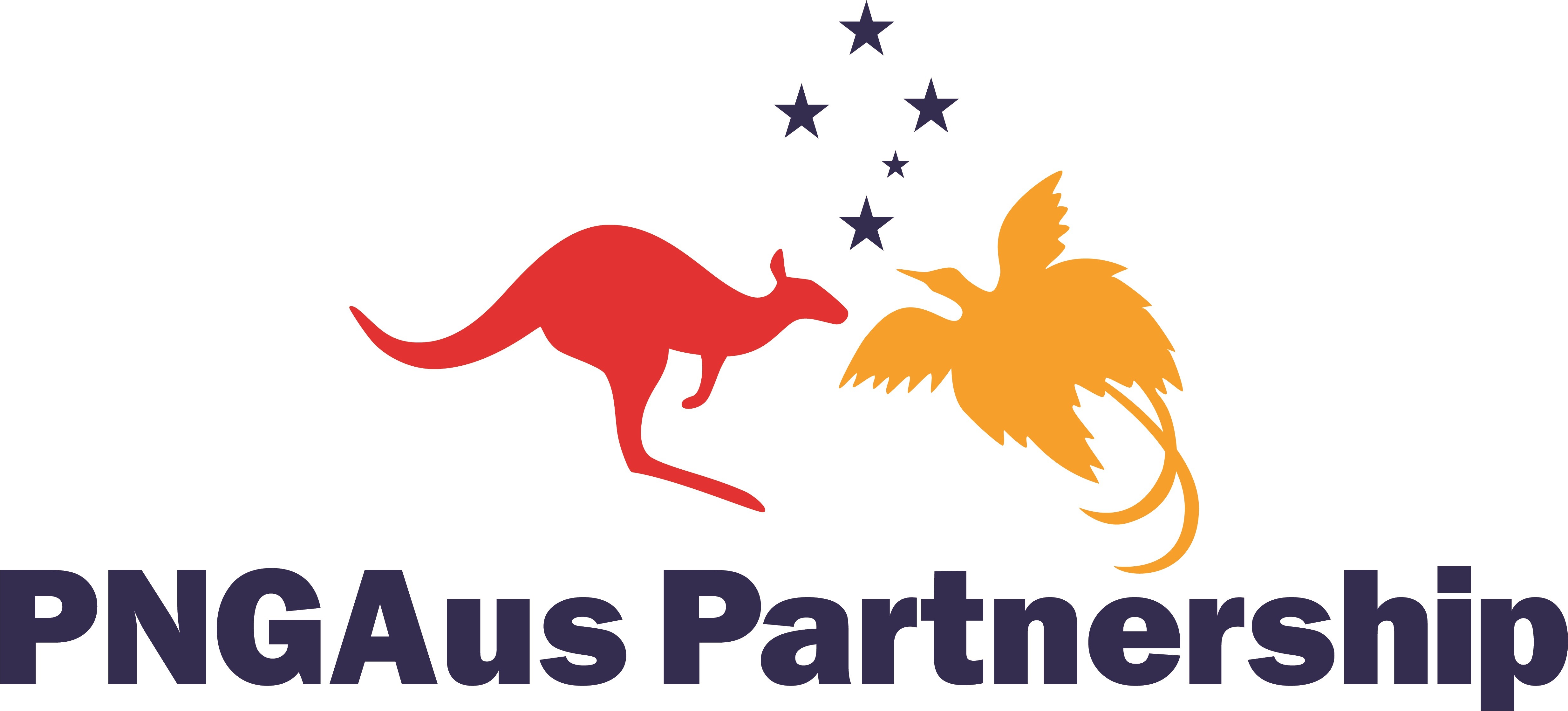
In 2019, Mary MacKillop Today is supported by the Australian Government Australian Aid Friendship Grant.


